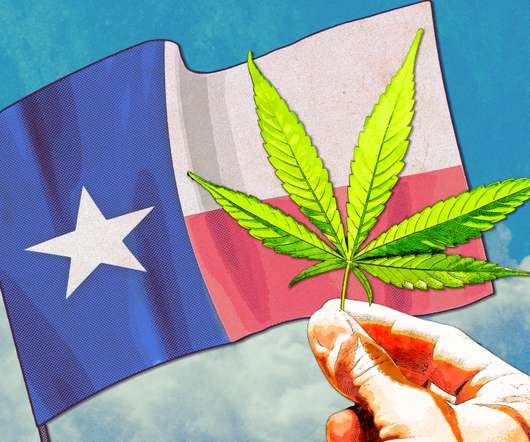Virginia, Marijuana, and How Medical Legalization May Unfold in the South
NORML
AUGUST 26, 2019
So, it shouldn’t be a huge surprise that Virginia didn’t launch a medical marijuana program until 2015, nearly two decades after California. Not much happened between 1979 and 2015, aside from preventing the repeal of the wonky 1979 law. As in, no to anyone who wasn’t an epilepsy patient.].

















Let's personalize your content